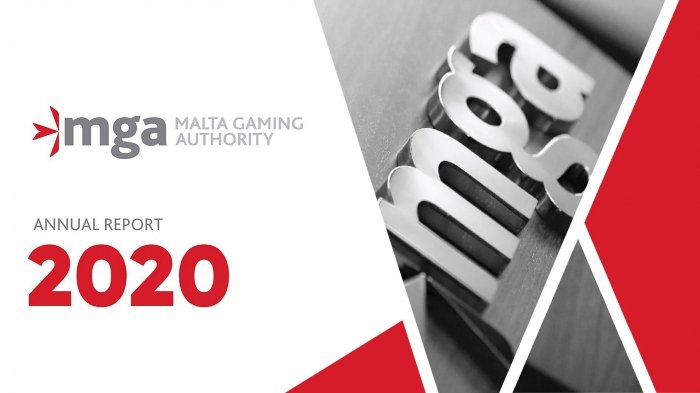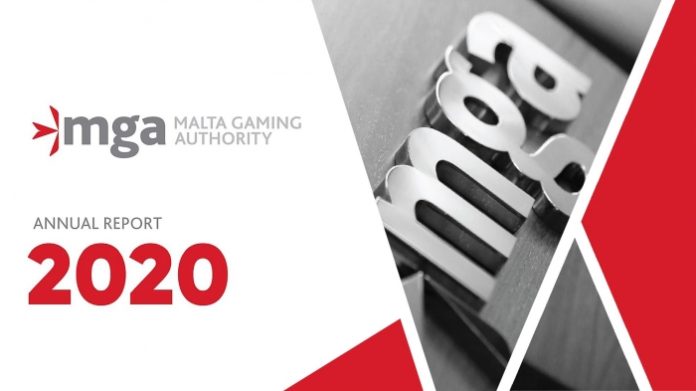
It saw a growth in employment due to planned investments and recruitment by a small number of large firms
T
he Malta Gaming Authority (MGA) on Monday released its Annual Report and audited financial statements for the financial year ending 31 December 2020.
The report provides an overview of the work performed throughout the year and highlights major projects undertaken by the MGA throughout the same period. It also outlines the performance of the Maltese gaming industry during 2020 as well as a medium-term outlook into the future, followed by a detailed report explaining key statistics for the land-based and online gaming sectors in the context of the COVID-19 pandemic.
During an exceptional year where the total economy value added fell by 4.3% in Malta, the gaming industry has recorded one of the highest growth rates in value added relative to other sectors, which growth rate is equivalent to 15.3%, according to MGA’s report. The total Gross Value Added (GVA) generated by the gaming industry during 2020 is estimated at €924 million, representing around 8% of the economy’s total.
During 2020, 62.3% of the total GR of the B2C licensees operating in the online industry was generated through gambling classified under the Type 1 group, up by six percentage points when compared with the corresponding period of 2019. During the reporting period, 78.2% of the
GR was generated through slot games whilst 17.4% was generated through table games. The remaining 4.4% of the GR for the Type 1 group was generated through other games, the most popular of which were live casinos, virtual sports games, and secondary lotteries.
Take a look at the main highlights from the MGA’s Annual Report 2020. The full report may be downloaded here: https://t.co/HqeAXBwHTz pic.twitter.com/ydu36cZB63
— MaltaGamingAuthority (@MaltaGamingAuth) July 5, 2021
At the end of 2020, the number of companies licensed by the MGA, including both online and land-based entities, stood at 323, holding a total of 328 gaming licences and 357 game type approvals to offer various types of games under the B2C licence. During the twelve-month period of 2020, the MGA collected a total of €73.5 million in terms of compliance contribution fees, levies, and consumption tax.
Furthermore, it has been estimated that as at the end of 2020, the gaming industry directly generated almost 8,300 jobs in FTE (full-time equivalent) terms, with 91.1% of these employees engaged in the online sector. The notable growth in employment within the online gaming sector during 2020 is attributed to planned investments and recruitment by a small number of large firms which went ahead with their projects despite the COVID-19 pandemic as well as new companies that started operating in Malta. In addition, when considering the employment generated by activities in or associated with the gaming industry, the total employment in the gaming sector in Malta during 2020 is estimated to be 12,398, approximately representing 4.7% of the total workforce.
In publishing the report, CEO Carl Brincat said: “The year 2020 will undoubtedly be remembered for the challenges the pandemic presented us with, and I am proud of the Authority’s employees who worked tirelessly to ensure that we continued to perform the functions required of us at law. Keeping the ship steady during a challenging year serves as a strong foundation for us to look ahead with renewed commitment to keep building on the positives and improve on our shortcomings, to reach new heights in our regulatory approach.”
According to the report, around 10% of the operators in the B2C sector expect a drop in gaming revenue in 2021, with almost 4% of the operators projecting a drop in gaming revenue which exceeds 30%. In contrast, only 2.6% of the operators in the B2B sector expect gaming revenue to fall in 2021.
Original article: https://www.yogonet.com/international//noticias/2021/07/05/58262-maltese-gaming-industry-grows-over-15por_ciento-in-2020














